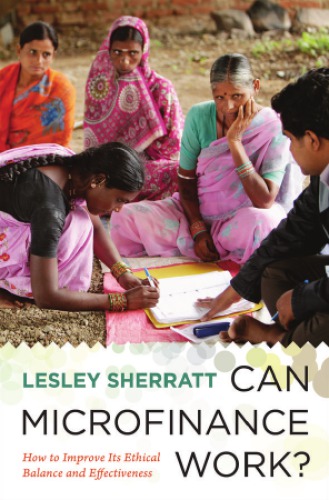(Ebook) Can Microfinance Work?: How to Improve Its Ethical Balance and Effectiveness by Lesley Sherratt ISBN 9780199383191, 0199383197
Microfinance began with the noble aim of alleviating poverty through the extension of small loans to poor---mostly female---borrowers, and has grown to now serve over 200,000,000 borrowers. The subject of many hyperbolic claims, it is now increasingly acknowledged not to have succeeded in either enriching or empowering its borrowers.
In a thorough-going ethical assessment of the industry,
Can Microfinance Work? examines the microfinance model and whether it 'works' or not; the extent to which the standard working practices of microcredit subvert the benign intentions of its founders and create the conditions for exploitation and coercion to occur; and whether the distribution of the benefits and burdens of microfinance (how many lives go worse, and by how much, for the few lives that go better) is likely to be an ethical one. Author Lesley Sherratt argues for the establishment of a duty of care in microfinance in recognition of the vulnerability of the client base. The ethical dilemmas inherent in working in the informal sector are also examined, as well as microcredit's macro impact on economies, and some wider lessons microfinance can offer anti-poverty developments generally are drawn.
Challengingly, the book considers how microfinance might be reformed to ensure it is practised both more ethically and effectively, and it argues that doing so may see only a portion of microfinance survive in its current form. The bulk would instead bifurcate in to one of two camps, either scaling down to become predominantly savings rather than credit vehicles, probably subsidised: or scaling up to provide credit to small and medium enterprise lending operations. For the residual, it is argued that establishing a non-exploitative interest rate, ending the practice of group liability, and fully specifying a duty of care---with, if necessary, regulation developed to enforce these---are microfinance's urgent ethical priorities.
*Free conversion of into popular formats such as PDF, DOCX, DOC, AZW, EPUB, and MOBI after payment.


